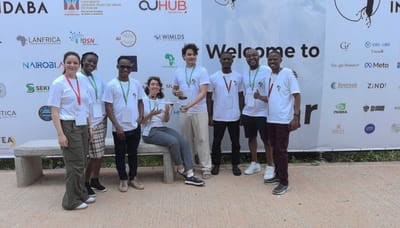In an abrupt turn of events, The Independent Communications Authority of South Africa (ICASA) and Telkom SOC Ltd (Telkom) have both confirmed and announced that they have reached an agreement with respect to the litigation instituted by Telkom against the high-demand radio frequency spectrum licensing process. Specifically, Telkom and ICASA have negotiated an out-of-court settlement over the sub-1GHz high-demand spectrum.
The ongoing litigation was due to be heard from 11 to 14 April 2022.
“We are indeed happy to have reached this stage with Telkom. This is indeed an epitome of the power of cordial dialogue where everyone has the same vision of building an inclusive digital society. We look forward to a new chapter of our public interest regulatory work with this litigation finally behind us,” said Dr. Keabetswe Modimoeng, Chairperson of ICASA.
Closure on spectrum allotment
Given that Telkom only a month ago stated that it would continue legal action to have the ICASA spectrum auction declared invalid, claiming that the R2,1 billion worth of spectrum it obtained does not allow it to compete effectively. Now, according to Telkom Group CEO, Serame Taukobong, the settlement addresses Telkom’s principal complaints.
“Telkom has, in good faith, entered into a forward-looking settlement, providing ICASA the opportunity to resolve current market challenges identified by competition authorities while allowing operators to focus on the business of providing superior service to their customers,” said Taukobong.
Despite its abruptness, the agreement provides clarity and closure on spectrum allotment. As a result, citizens will now enjoy connection benefits.
Licensing the remaining spectrum
ICASA agreed in the settlement to begin licensing the spectrum that remained unassigned in the auction no later than 30 June 2022, and that this licensing procedure would be completed within the current financial year. Furthermore, it will consider the outcome of the auction, the imbalances in the sub-1GHz, and the need to promote competition in the post-auction dispensation when licensing the unassigned 800MHz.
Finally, ICASA also agreed that it will conduct a study on the impact of a possible secondary market for spectrum on competition and, if necessary, provide an adequate and enabling regulatory framework.
— By Bataung Qhotsokoane






